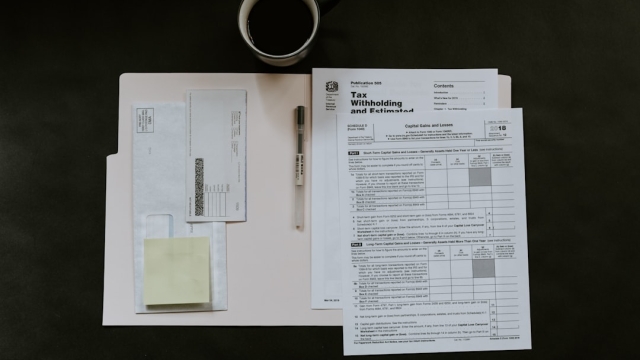
Understanding Treatment Types in Counselling
Choosing the right approach to mental health and emotional well-being is a deeply personal journey. Counselling offers a broad spectrum of treatment types, each tailored to address unique needs, backgrounds, and goals. When exploring options, such as those detailed at openspacecounselling.ca/treatment-types, it is helpful to understand the fundamental principles that underlie these various therapeutic methods.
The Foundation of Counselling Treatments
Counselling is rooted in the principle of providing a safe, supportive environment where individuals can explore thoughts, feelings, and behaviors. Treatment types in counselling are designed to help individuals gain self-awareness, cultivate coping strategies, and foster personal growth. While each method has its nuances, all share the goal of promoting well-being and resilience.
Common Counselling Treatment Types
There are several established approaches to therapy, and each may be used independently or in combination, depending on the client’s preferences and the counsellor’s expertise. Here are some of the most widely practiced treatment types:
- Cognitive Behavioural Therapy (CBT): This approach helps clients identify and change unhelpful patterns of thinking and behavior. CBT is structured, goal-oriented, and focuses on present challenges.
- Person-Centered Therapy: Emphasizing empathy and unconditional positive regard, this method encourages clients to lead the conversation, fostering self-discovery and personal empowerment.
- Solution-Focused Brief Therapy: This technique centers on building solutions rather than dissecting problems, helping clients envision and take steps toward desired outcomes.
- Mindfulness-Based Therapies: These treatments integrate mindfulness practices, such as meditation and breathing exercises, to increase present-moment awareness and reduce stress.
- Emotion-Focused Therapy: This approach helps clients explore and understand their emotions, facilitating emotional processing and healing.
- Family and Couples Therapy: Aimed at improving communication and resolving conflicts within relationships, these sessions often involve two or more participants working collaboratively with a counsellor.
- Trauma-Informed Approaches: These methods acknowledge the impact of past trauma and prioritize safety, trust, and empowerment in the healing process.
Choosing the Right Treatment Type
Selecting the most suitable treatment type depends on a variety of factors, including individual preferences, the nature of the concerns, and the desired outcomes. It is common for counsellors to integrate elements from multiple approaches, ensuring a personalized experience that aligns with the client’s evolving needs.
When considering counselling, open communication with your counsellor about your goals and expectations is essential. This collaborative process helps determine which treatment types may offer the greatest benefit.
The Role of the Counsellor
A skilled counsellor provides guidance, support, and expertise in navigating the various treatment types. They assess clients’ needs, recommend appropriate approaches, and adapt sessions as progress unfolds. The therapeutic relationship itself is a cornerstone of effective counselling, grounded in trust, respect, and confidentiality.
Benefits of Exploring Different Treatment Types
Exploring diverse treatment types allows individuals to discover what resonates most with their personal journey. Engaging in therapy can lead to greater self-understanding, enhanced emotional regulation, improved relationships, and a more meaningful life. The flexibility to choose or combine methods ensures that counselling remains a dynamic and responsive process.
Learn More
For a comprehensive overview of the various counselling treatment types and to gain deeper insight into how each approach can support your well-being, visit openspacecounselling.ca/treatment-types.

















